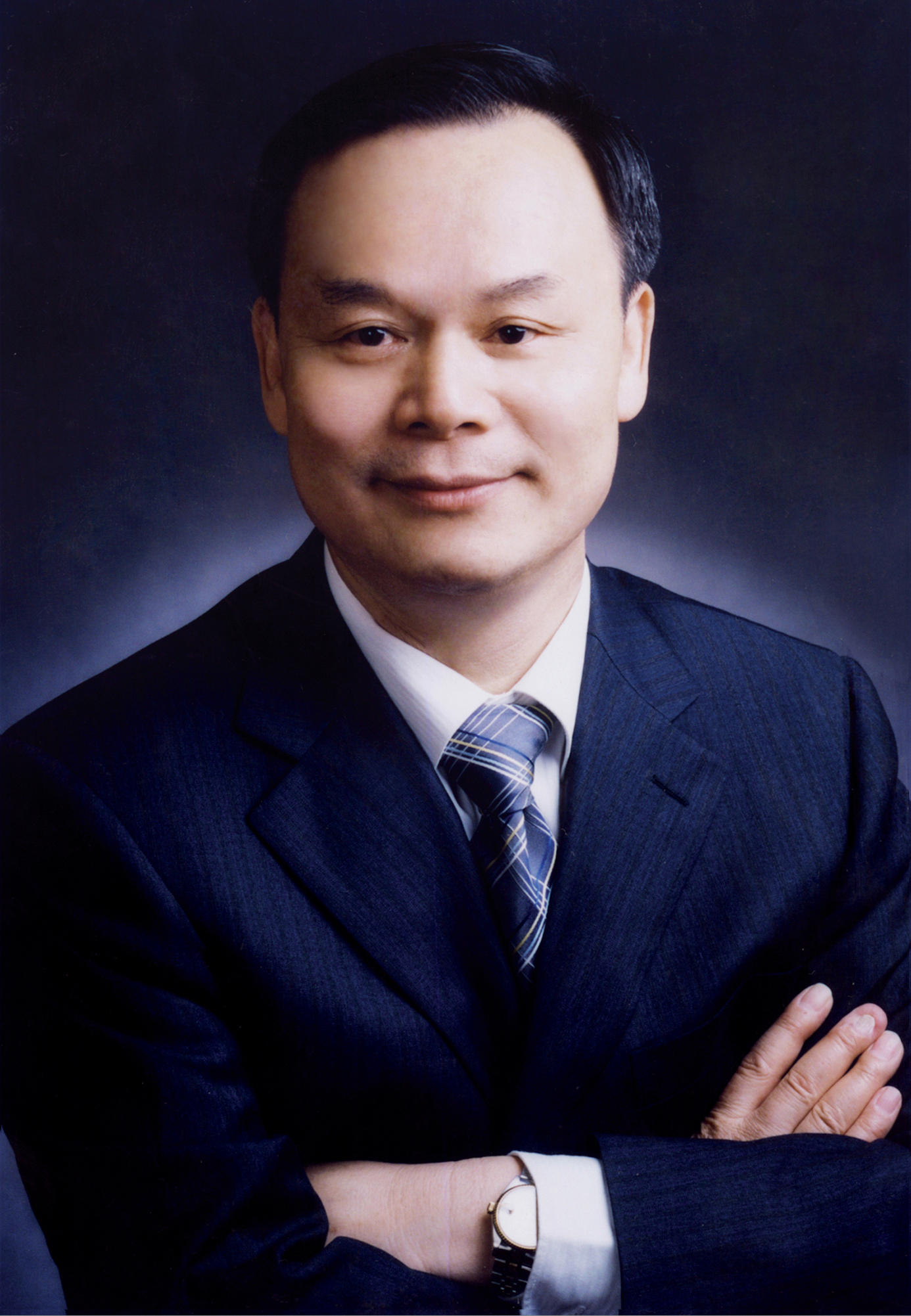Zhou Qi Feng, Doctor Science of honoris causa

Prof. Zhou Qi Feng is a globally renowned Chinese chemist; he was elected to be an academician of the Chinese Academy of Sciences in 1999, and has made extraordinary contributions in the research field of polymer synthesis and liquid crystalline polymers. Prof. Zhou initiated the concept of “mesogenjacketed liquid crystalline polymers” (MJLCP’s) and offered scientific illustrations for the concept from multiple perspectives, including chemical synthesis, physical properties and others. The so-called MJLCP’s are a new type of polymer, where the molecular weight and structure can be controlled by way of living radical polymerization based on needs, and the properties of which comprise the rigidity of its adjustable molecular chain, its unique phase structure and characteristics, and the wide temperature range of its liquid crystalline phase. Prof. Zhou investigated on the substituent effects of liquid crystalline polymers and discovered the scientific principle that, by way of copolymerization or increase of molecular weight, metastable liquid crystalline polymers could be transformed to thermodynamically stable liquid crystalline polymers, and discovered the earliest artificially synthesized thermotropic liquid crystalline polymers. Prof. Zhou has published over two hundred academic papers, is the writer of “Liquid Crystalline Polymers”, “Polymer Chemistry”, and “High Temperature Resistant Polymers and Composites”, and holds a number of patents; he also serves as the director of several research projects of the National Natural Science Foundation of China and the National Basic Research Program (the 973 Program).
Prof. Zhou is also a renowned educationist. He has personally experienced the different educational systems of China and the U.S.: Prof. Zhou entered Beijing University to study in the Chemistry Department in 1965 and, in 1970, when he was only 25 years old, he graduated from and became a faculty member of the University; in 1980, he went to pursue further studies in the Department of Polymer Science and Engineering, University of Massachusetts, U.S.A.; in 1982, he received a PhD in Science and came back to resume teaching engagements in Peking University; in 1990, he became Full Professor, and afterwards he took up appointment in the Ministry of Education. From 2004 to 2008, he was the President of Jilin University, and, from 2008 to 2013, he served as the President of Beijing University. Thanks to his rich experience, Prof. Zhou was able to come up with distinctive insights with respect to educational philosophy, system, and development. He proposed three “don’ts” in response to the reform of science and education: “don’t set up post-doc management institutions”, “don’t separate Arts and Sciences in secondary schools”, and “don’t belittle local Chinese education”, which has contributed new directions for deepening the reform of education.
Prof. Zhou’s has won many honors and awards of different kinds, such as the Teaching Excellence Awards of Beijing University in 1986, the “Young Teacher Award by Fok Ying Tong Education Foundation” of the Ministry of Education in 1988, and the first prize in Beijing Educational and Teaching Achievement Awards, Beijing University, in 2001. He is also a member of the Academic Degrees Committee of the State Council, standing committee member and Vice-Chair of the Chemistry Division of the Chinese Academy of Sciences, Director and member of the Chemistry and Chemical Engineering Advisory Board under the Ministry of Education, member of the National People’s Congress Education, Science, Culture and Public Health Committee, and holds other important posts. He’s devoted a lot of efforts and energy to the reform and development of China’s higher education.





